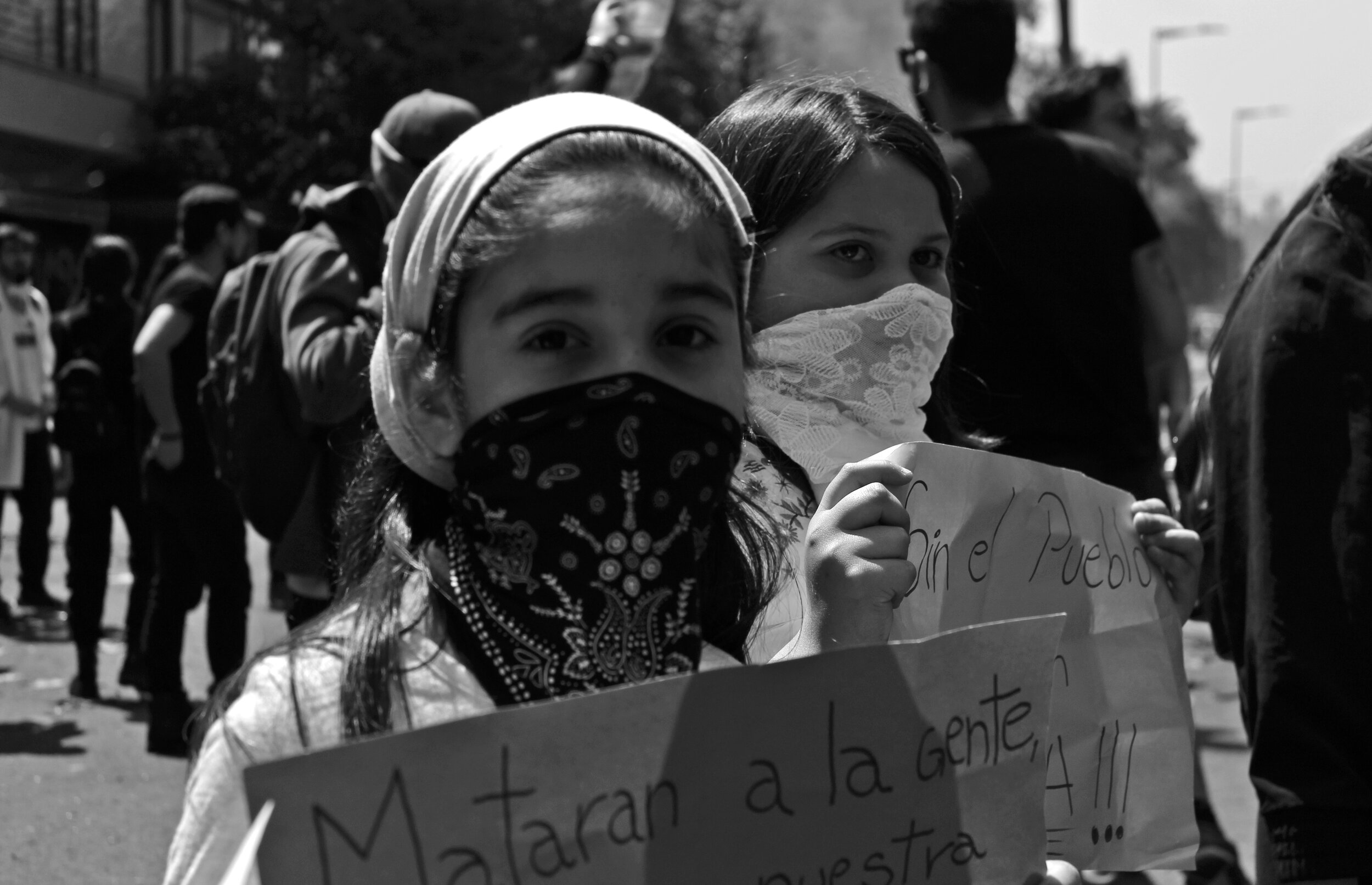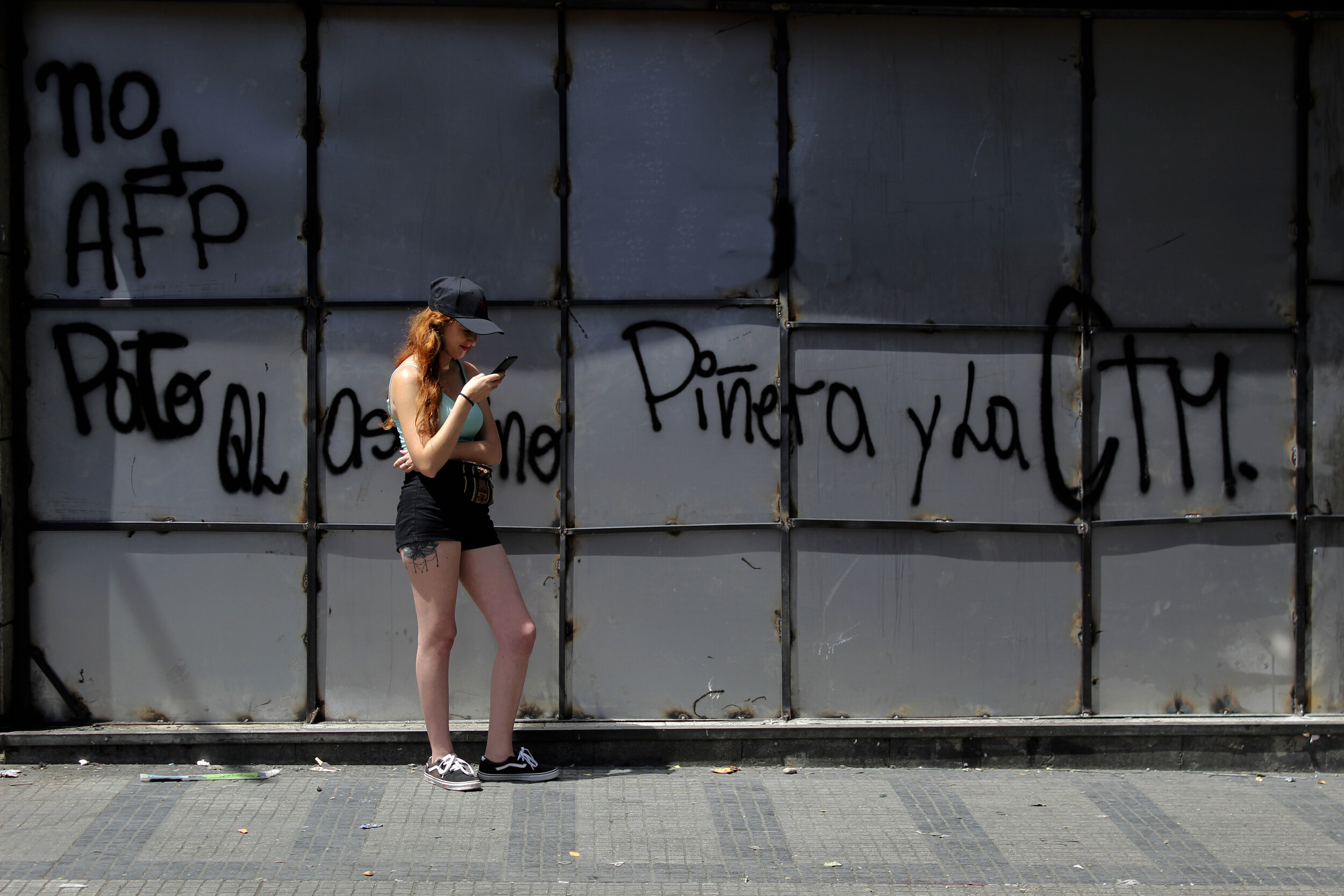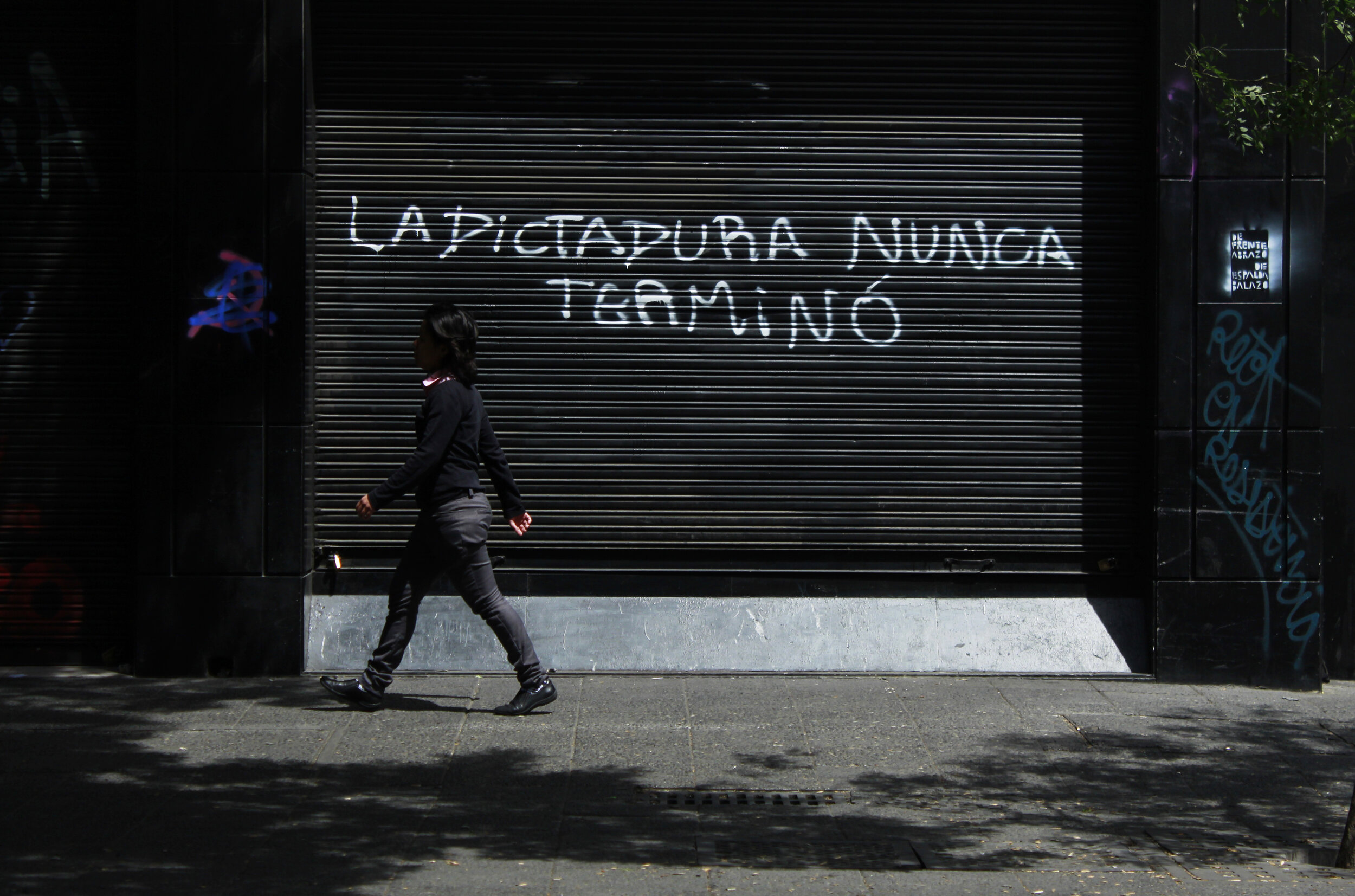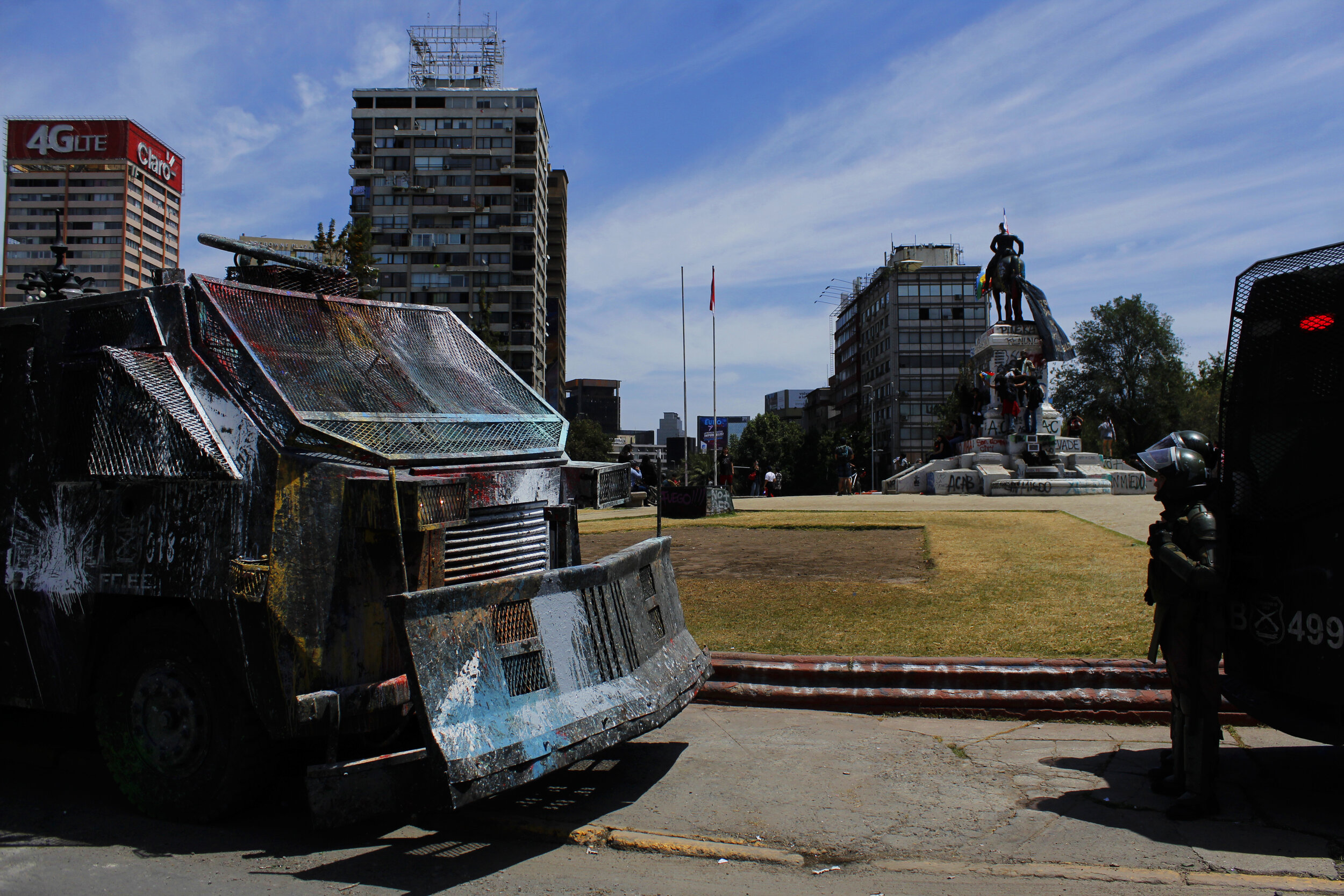the Chilean people woke up
by Rene Stuardo
Against all odds, after thirty years of apathy, the Chilean people woke up. For many people this is a shock, so much Chilean society had seemed so far to comply without making waves to the rules of economic liberalism and those of a representative democracy of notables.
The apathy of the Chilean people had an explanation: a kind of pact of silence to avoid reopening the wounds of a military dictatorship that reigned in Chile from 1973 to 1989.
But, over time, the cost of this transition "Pact" was becoming increasingly exorbitant for Chilean society: a public education in tatters, an inaccessible health system, hungry retirement pensions and, the straw that broke the camel's back, an increasingly expensive public transport .
Chilean president replaces one-third of ministers to try to ease social crisis
More than a million people on the streets: is it to claim only the decline of the Santiago Metro ticket?
Of course not: this social movement demands to put back all the unfinished legacy of the military dictatorship, in the economic, political and even legal fields.
Chile has an appointment with its own story.
Santiago de Chile. Days ago in this place they murdered young people. She wrote in this place kill






























































